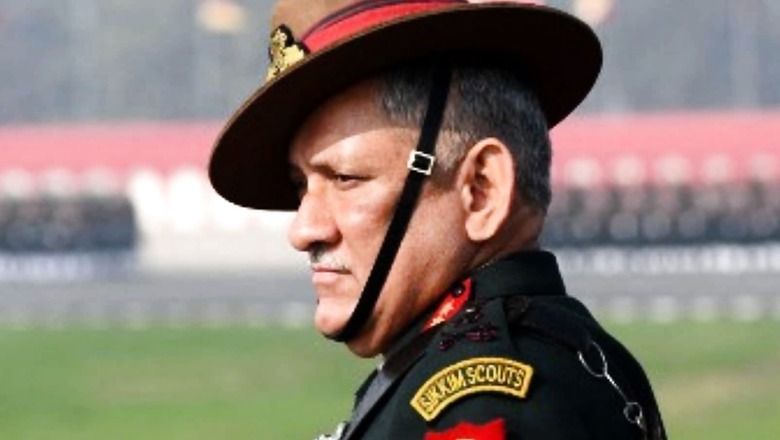
views
The whole nation was shocked to hear the sad news of an air crash of an Mi-17V5 in Nilgiri Hills carrying General Bipin Rawat, his wife and 12 other service officers and men, resulting in their tragic death except for a lone survivor. Bipin Rawat was a General of destiny. He was not in line for the Chief of Army Staff (COAS) but was made the Chief by the government after superseding two officers senior to him. At the successful termination of the tenure of COAS, he was nominated to become India’s first Chief of Defence Staff (CDS), a tenure of three years that was tragically cut short due to his sudden demise.
Although General Bipin Rawat was a year junior to me at the Academy, our interactions became intimate when I got posted as a Lt Colonel to the Directorate General of Military Operations (DGMO) and he was my immediate subordinate in the rank of a Major. I found Bipin to be a calm, composed and capable officer who would not get ruffled in the madhouse that our section MO3 was. I remember one instance when I was officiating as Director and he was the only other officer present in the section that otherwise had five officers. General Bipin Joshi, then COAS, suddenly died in harness due to a heart attack and both Rawat and I had to make a detailed briefing for the next COAS designate. He worked diligently along side me the whole night, without a single complain, to update the operational briefing that was to be presented to the Chief designate and all Army Commanders the next morning.
In another incident, at 5.30 PM, when all others had left the office, we got a message to prepare a brief for the Chief, who had to brief the PM next morning on Confidence Building Measures (CBMs) with China. When I gave him the good news, Bipin was composed and collected and meticulously pulled out a file from his almirah which had the draft CBMs presented to China during PM Rajiv Gandhi’s visit to China two years earlier. We quickly worked on the paper based on this draft and were able to push it by 7 PM. Next day, we got an affirmative nod from the DGMO and both of us were in seventh heaven!
Even as a young officer, Bipin was quite driven and forthright and frank while dealing with senior officers. He was a pedigreed officer and his father Lt Gen Laxman Singh Rawat had been the Deputy Chief of the Army. Bipin was never overawed by the company of senior officers and held his own, as he had interacted with senior officers who were his father’s colleagues. In brief, General Rawat was an organisational man, had a smiling face and also a funny bone. The few social evenings that we had in MO Branch, in his company, we did justice to the bar! Mrs Madhulika Rawat complemented her husband in every way; she was known for her down-to-earth attitude.
When destiny propelled Bipin Rawat to the highest office in the Army, he conducted himself with grace and a resolve to make the Indian Army a proactive force having the gumption to take the battle into the enemy’s land. As 3 Corps Commander, after a reversal, he gave a green signal to hit the NSCN-K terrorists in Myanmar. Those in Pakistan made a statement that India should not try such adventurism with Pakistan. As the Vice Chief of the Army Staff he supported the plan to carry out surgical strike across Pakistan-occupied Kashmir in September 2016 and later the Balakot strikes in February 2019 by the Indian Air Force as the Chief of Army Staff.
General Bipin Rawat was a quick learner and realised that the strategic reserves in the form of strike corps were too huge and unwieldy to be launched in acceptable time frame. Therefore, to ensure the success of Cold Start Strategy, he ordered reorganisation of strike corps and offensive divisions into “lean and mean Integrated Battle Groups” which could be launched into Pakistan at six to eight locations; this would ensure salami slicing of the enemy territory along a wide front within the threshold of nuclear deterrence.
The ongoing pet project of General Bipin Rawat was theaterisation in which 17 Regional Commands of the three services would be reorganised into four Theatre Commands. The theatre commander would then have the authority to use all resources of the three services and that of the Coast Guard in his geographical area of operations without referring to the Chiefs of the three services. The three service chiefs would ipso facto become force providers and the Theatre Commanders under the CDS would become the force employers. There was a lot of opposition to this concept, especially by the Indian Air Force which saw it as compartmentalisation of their meagre resources. But General Rawat, true to his personality, called a spade a spade and pushed the creation of Northern Theatre against China and Western Theatre against Pakistan. In addition, there would be an Air Defence Theatre to control the entire airspace and a Maritime Theatre to guard all the threats through the seas. His successor will have an uphill task to push this transformation to its logical conclusion.
As the pioneer CDS of the Indian Defence Forces, General Rawat was able to do the ground work for his successors to take it forward. His untimely death has robbed the country of a strategist with a vision to match the 21st century security challenges. Whosoever succeeds General Bipin Rawat as the CDS will have a tough time fitting into his shoes.
Lt Gen IS Singha served with General Bipin Rawat in the Military Operations Directorate on Kashmir desk
Lt Gen IS Singha, AVSM, VSM (Retd), was Colonel of Rajputana Rifles. The views expressed in this article are those of the author and do not represent the stand of this publication.
Read all the Latest Opinions here











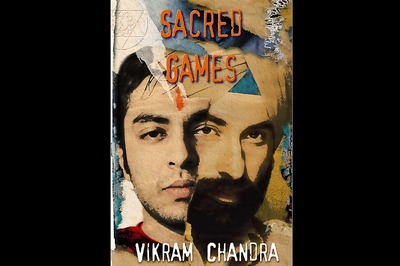

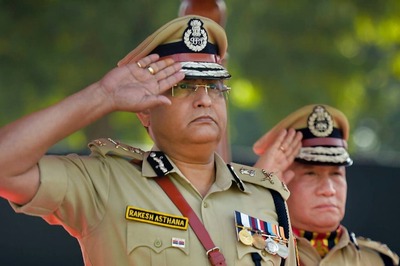

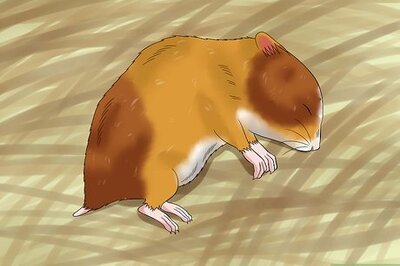
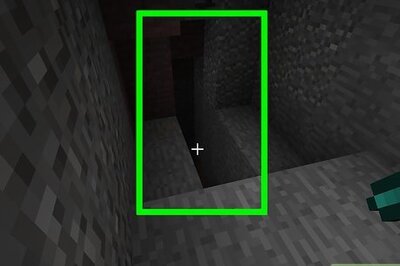


Comments
0 comment